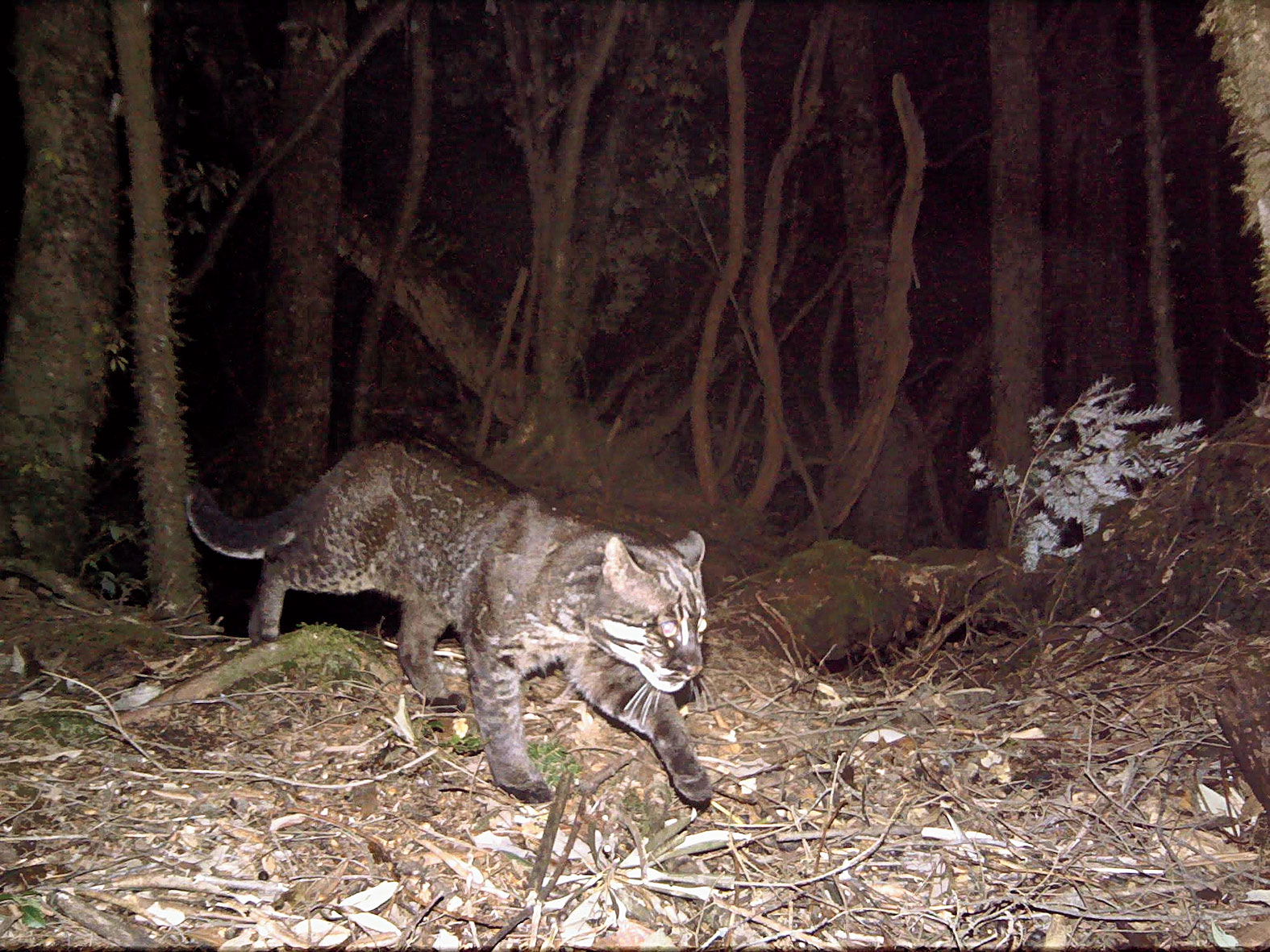Six colour variations of the elusive Asiatic golden cat have been discovered in Arunachal Pradesh’s Dibang Valley, which is the greatest number of coloured wild cat species in a particular area.
Scientists from India at Zoological Society of London and University College, London, discovered the colour morphs during a camera-trapping study conducted across Dibang Valley.
The study, published in the current issue of Ecological Society of America’s journal, Ecology, aims to uncover a greater understanding of human-wildlife interactions in the region but discovered a group of entirely different-looking animals on the camera traps — with an inkling that they were all of the same species.
Jaguars and leopards have spotted and melanistic forms but tigers are always striped and lions beige. Smaller cats like clouded leopards, marbled cats and ocelots are almost always patterned in the same way while jaguarundis, oncillas and golden cats occur in several colours and patterns.
A well-known example of a colour morph is the melanistic (dark-coloured) morph (aka black panther) of the common leopard (Panthera pardus).
Sahil Nijhawan, the India-based lead author and British Academy Fellow at ZSL’s Institute of Zoology and UCL, told The Telegraph: “Colour morphs are different colour variations of the same animal. The colour morphs of the Asiatic golden cat that our study has discovered may look like completely different animals but they are not. They are all the same animal but in Dibang Valley it happens to occur in different colours. It is quite remarkable because other big wild cats do not come in so many colours — all tigers, lions and cheetahs look the same. Color morphs are not classed as different subspecies as they may live in the same area and even interbreed.”
An entirely new colour morph was found in a community-owned forest. The tightly rosetted morph (leopard-like rosettes tightly spaced on their grey coat) was added to the known ones: cinnamon, melanistic, grey, golden and ocelot.
“According to the evolutionary theory, if a colour morph is not beneficial for a species survival, over time it should die out. The fact that we have so many different colour morphs persisting in Dibang Valley shows there must be some ecological advantage. We need more studies that shed light on such unique adaptations and the benefits they provide to species,” Nijhawan said.











